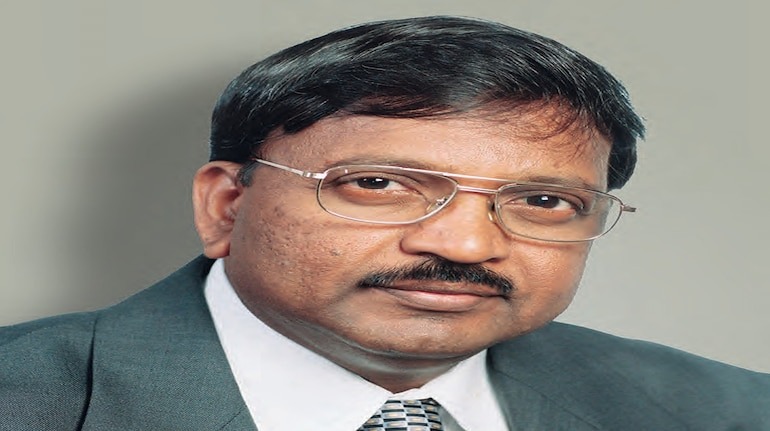
At 75, Venkat Jasti, Chairman and MD of Suven Life Sciences, is making the boldest move of his career. Instead of retiring like many of his peers, Jasti is pouring his personal wealth into the high-risk world of central nervous system (CNS) drug discovery.
He sold his profitable CDMO business, Suven Pharmaceuticals, to Advent International for ₹6,313 crore in December 2022, and reinvested ₹500 crore into Suven Life Sciences. However, as Jasti admits, the company will need at least ₹850 crore ($100 million) more over the next two years to continue development.
No Revenue, No Backing—Just Vision and High Stakes
Suven Life Sciences currently lacks a sustainable revenue stream. The Jasti family owns 70.27% of the company, but regulatory limits on promoter ownership in listed companies restrict further capital infusion from Jasti himself. The company is considering options like a preferential issue or QIP to raise funds.
Despite these hurdles, Jasti is confident. “We are funding ourselves for now, but we may go to market soon,” he said.
The Pipeline: Suven’s Push for CNS Innovation
Suven is advancing six drug candidates, including:
SUVN-502 (Masupirdine): Aimed at treating agitation in Alzheimer’s dementia, now in phase-3 global trials with 380 patients. Results expected by late 2026–early 2027.
SUVN-G3031 (Samelisant): Completed phase-2 for narcolepsy. Phase-3 trials for narcolepsy, cataplexy, and idiopathic hypersomnia are expected to start by mid-2025.
SUVN-T4010: Focused on cognitive disorders, with trials for major depressive disorder (MDD) or another indication to begin around July 2025.
SUVN-911: Completed phase-2A for MDD, with phase-2B trials starting May 2025.
SUVN-I6107: Early-stage asset for cognitive disorders, now in phase-1. Phase-2 expected in 2026.
Each candidate targets underserved neurological or psychiatric conditions, where treatment needs and market potential are high, but scientific and regulatory challenges are steeper.
A Long Road with No Shortcuts
CNS drug development is notoriously difficult. Success rates for CNS assets from phase-1 to regulatory approval are just 5-6%, and major pharmaceutical companies often avoid early-stage CNS R&D due to these risks.
Despite this, Jasti remains optimistic. Suven spends ₹200 crore annually on R&D and works with top U.S.-based CROs to meet global standards. The company employs 100 scientists out of 140 total staff, reflecting its deep focus on innovation.
“One successful molecule can change everything,” Jasti said. “That’s what keeps us going.”
The Market Opportunity: High Risk, High Reward
The global CNS drug market was valued at $116 billion in 2022 and is projected to reach $147–$169 billion by 2027, driven by increasing cases of Alzheimer’s, Parkinson’s, and rising demand for mental health treatments.
According to recent industry reports:
CNS drugs make up 14% of pharma’s R&D pipeline
CNS is the second-largest area for deal-making, trailing only oncology
Smaller and mid-sized pharma firms are driving innovation, with larger companies seeking late-stage acquisitions
Read More: Report Warns Russia Is Developing Advanced Weapon to Target Elon Musk Starlink Constellation

 Share
Share



